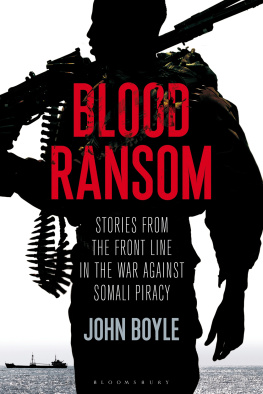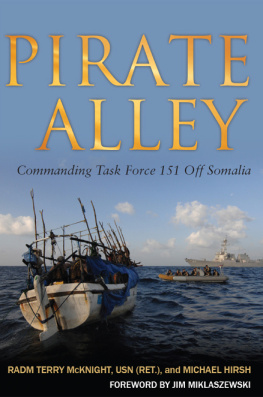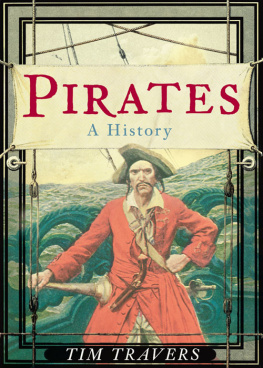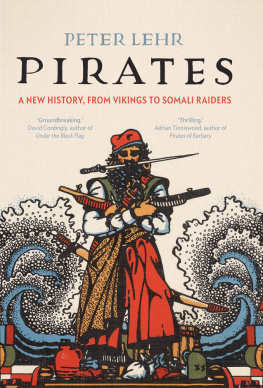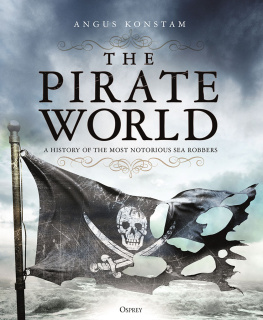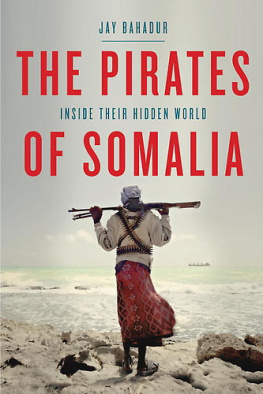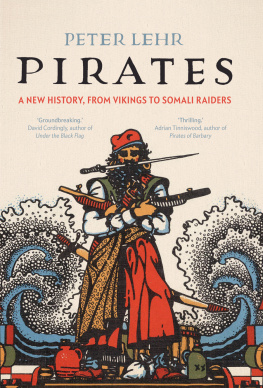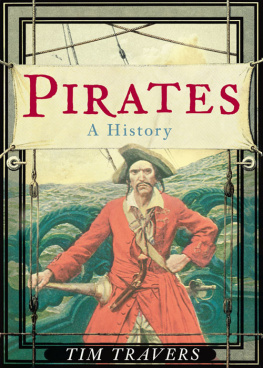

CONTENTS
Imagine a country that has had no government for more than a generation. No law, no education, no health care. Nothing.
This country is for the most part a hostile desert of rock, scrub and thorn. Ravaged by drought and some of the planets worst famines, one quarter of a million people dying here in just one year barely merits a mention on world news channels.
In the south, there has been a vicious civil war between brutal Muslim extremists whose favoured form of punishment is beheading, fighting an often unpaid militia loyal to the various attempts at establishing a government. At times, outside armed forces have intervened but usually withdrawn soon after having sustained unacceptable casualties. The countrys capital, once a stylish Italian colonial city, is now reduced to a rubble that in places resembles Second World War Stalingrad. The rest of the country is fought over by clan chiefs and armed warlords. Its a place where the AK-47 rules. Its the place that you call home.
In the absence of any government, what were once rich fishing grounds that fed your family and village have been plundered the reefs that your father and his before him fished have been torn up and destroyed by huge foreign fishing boats that you watched helplessly from the shore. The breeding grounds for what fish have not been sucked up by those monsters are gone, and there are no longer fish or lobster to catch.
Unnoticed by the rest of the world, the 2004 tsunami that devastated South-east Asia also wiped out your countrys coastal villages and killed your friends and family. Its aftermath brought sickness to many and deformities in newborn babies, as toxic waste illegally dumped in contravention of all international law by unscrupulous European and Asian profiteers was washed ashore.
You are in your teens, your twenties, even your thirties, and have grown up to know nothing other than this. You are young, but your life has no hope and no prospects. Your family die early of hunger and illness. There is only one way you can ever make a difference in your life.
You become a pirate.
The prison governor showed us through the razor-wire-topped gate, locked it and left. The Somali pirate work gang slowly put down their tools and stood watching us silently. Two white guys with cameras was something different in their day, a change from lugging blocks and mixing concrete to extend the hilltop prison that between the six of them was destined to be their home for a combined period of over 100 years.
The guard in the watchtower, automatic rifle on his shoulder, lit a cigarette and watched with detached interest.
I felt I should do something, anything to break the impasse, maybe start filming, though footage of a group of prisoners standing motionless, staring at me, was hardly going to win awards.
Then the tallest, clearly the captain as he was older than the rest, broke into a smile. You BBC? Thumbs up, smile to the camera. Cigarette? With no interpreter to assist, those seemed to be the only words we had in common.
Apart from the captain, none appeared over 20 years old. In their blue prison fatigues, they looked exactly what they were impoverished young Africans who had seen a way out of poverty and taken it. Except for one who looked angry that we were there and repeatedly made slashing motions with his finger across his neck, face-to-face they didnt fit my image of ferocious marauders of the sea. I might have had a different impression if they were pointing AK-47s at me, ripping through my possessions, and steering my boat towards the Somali coast to face months of captivity as a hostage.
A month before, Id had no idea of the complex story surrounding piracy in the Indian Ocean, beyond occasional BBC news headlines about pirates taking a vessel or themselves being captured. Then, on Facebook of all places, Id seen an album of photos taken by a friend of mine Ronny Jumeau, Seychelles Ambassador to the UN shot on a day he went out with the Seychelles Coastguard. Id put together a loose proposal for a documentary, Pirates in Paradise , to National Geographic , and when they gave me the green light, Id headed to Seychelles to track down the story.
And with Ronnys help, the story had just unfolded for us. If only journalism were always this easy!
On aerial patrol with the Seychelles Defence Force, I witnessed the incredible surveillance power of the on-board cameras a capability that has helped secure the prosecution of many alleged pirates who, realising capture was inevitable, threw their weapons overboard so they could claim just to be innocent sailors blown off course. Little did they realise that their every action had been caught in detail by the plane circling several kilometres away.
There was an uncanny similarity between the aircrew and the pirate crew apart from the South African pilot, all were young men in their early twenties, passionate in the defence of their ocean. I wondered if the tables had been turned the pirates being born in Seychelles, and the aircrew in Somalia how many of the aircrew would also have ended up as pirates trying for a better life for themselves, and how many of the pirates would have ended up guarding their seas.
Later, filming outside Victorias Central Court, it was hard to think that the dozen men many just boys sitting smoking in the sunshine were among those who had brought world shipping to its knees. Dressed now in clean casual clothing supplied by the prison, well fed and with the sores of weeks at sea healed, they looked little different to passing Seychellois. Only the fact that they were handcuffed in pairs gave them away as being some of the most wanted men on the planet each looking at sentences exceeding 20 years for piracy.
Judge Duncan Gaswaga had given us special permission to film in his court. In the tiny court room, paint peeling from its walls, the pirates sat disinterestedly as the lawyers haggled over legal issues. Many of the defendants were in their teens one claimed to be just 12 years old and certainly looked no older than that but of course none had any documents. Every now and then, when a point was raised that needed their attention, they would huddle round the single interpreter as he explained to them what was happening.
These pirates were running the defence of being simple fishermen, blown off course. The fact that when they were captured there was not a single fishing line, hook or net on board, and no means of freezing or salting their catch, didnt seem to them a problem.
While the court progressed and the lawyers debated legal technicalities, I focused my camera on the Somali defendants. The hearing seemed of no interest to them. Occasionally they chatted quietly among themselves; some seemed to glaze over and be close to sleep. The 12-year-old seemed confused and a little scared by all that was happening around him. These were the first alleged pirates that I had encountered in the flesh, and they were as far away from the demonised image I had expected as could be imagined. I started wondering about their back stories.
Who were these pirates who were costing the international economy an estimated US$12 billion every year, and who were making the seas off the Somali coast the worlds most dangerous stretch of ocean? Were they just young men driven to piracy by desperation, or were they part of a far wider criminal conspiracy?
Prosecutor Michael Mulkerrins had at that time jailed more Somali pirates than anyone else on the planet, and saw them just as small players in a bigger picture. The foot soldiers have got nothing to lose. Weve heard stories about them being paid 500 US dollars, or the first one on the bridge gets a Mercedes. If they are successful, they earn money and respect back home. If they are not successful, they are expendable.
Next page
